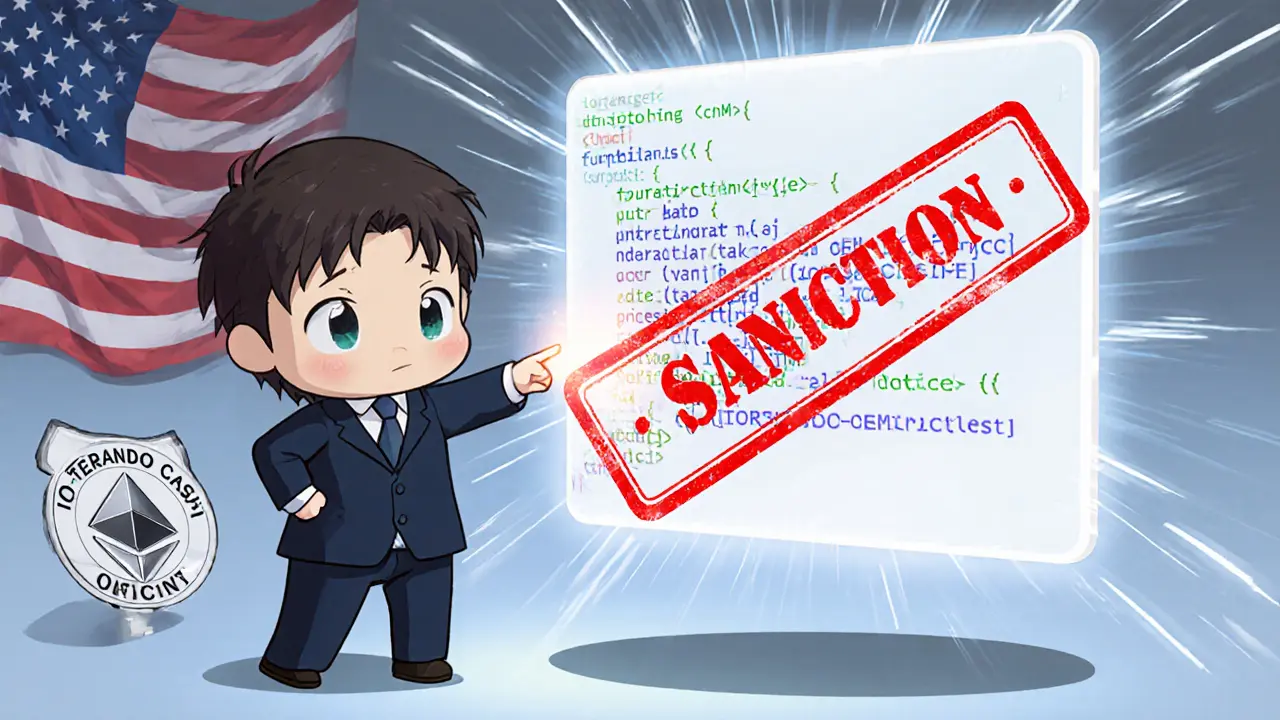Cryptocurrency Regulation
When dealing with cryptocurrency regulation, the set of rules that governments and agencies apply to digital assets and related services. Also known as crypto compliance, it shapes how projects launch, how traders operate, and how banks interact with the blockchain economy.
FinCEN, U.S. Treasury's Financial Crimes Enforcement Network that enforces anti‑money‑laundering rules on crypto exchanges requires every money‑service business to register, file the MSB form and maintain ongoing AML controls. This directly influences cryptocurrency regulation in the United States because without a FinCEN registration an exchange can’t operate legally.
MiCA, the European Union's Markets in Crypto‑Assets regulation that creates a unified licensing framework for crypto service providers sets clear capital, governance and consumer‑protection standards across 27 countries. When MiCA takes effect, it will harmonize cryptocurrency regulation across Europe, making cross‑border services easier while tightening supervision on stablecoins and asset‑referenced tokens.
AML, anti‑money‑laundering measures that require monitoring, reporting and verification of suspicious transactions is the backbone of any credible crypto compliance program. Regulators link AML to cryptocurrency regulation by demanding know‑your‑customer (KYC) checks, transaction monitoring and record‑keeping from exchanges, DeFi platforms and wallet providers.
How These Pieces Fit Together
The ecosystem works like a chain of cause and effect: cryptocurrency regulation encompasses licensing requirements, which in turn require robust AML programs, and agencies like FinCEN and frameworks like MiCA enforce those programs. A new exchange, for example, must first obtain a licence (FinCEN registration in the US or a MiCA CASP licence in the EU), then build KYC screens and transaction‑monitoring tools to satisfy AML rules. If any link in that chain breaks, regulators can issue fines, suspend operations, or even pursue criminal charges.
Our collection below reflects this real‑world flow. You’ll find step‑by‑step guides on FinCEN registration, deep dives into MiCA’s stablecoin rules, practical tips for building AML controls, and country‑specific breakdowns for India, Nigeria, China and Morocco. Each article focuses on a concrete problem—whether it’s filing the MSB form, understanding the EU licensing timeline, or navigating a sudden crypto ban—so you can apply the knowledge right away.
Ready to see how the rules play out in practice? Below you’ll discover detailed analyses, checklists and actionable advice that turn abstract regulation into clear, doable steps for any crypto project or trader.



